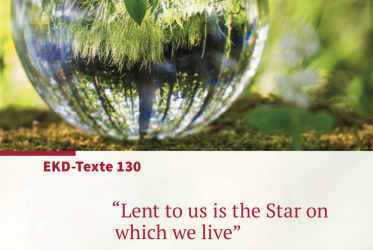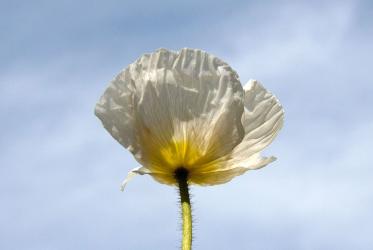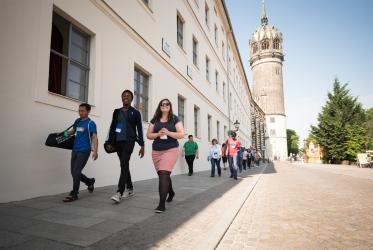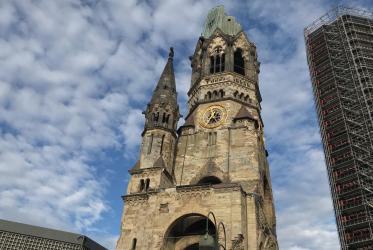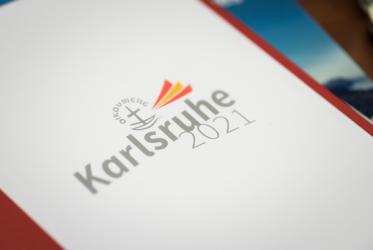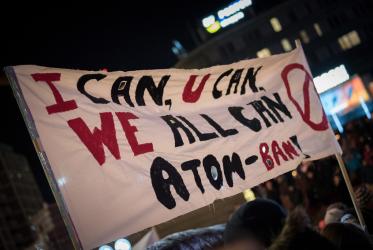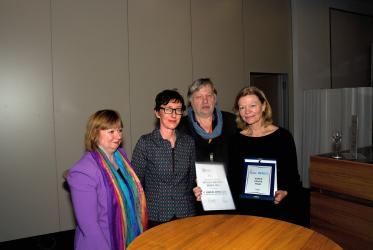Displaying 241 - 260 of 402
11 December 2018
Church and Peace group calls for “active remembrance”
15 November 2018
WCC general secretary sends greeting to EKD synod
13 November 2018
EKD delegation, other visitors grace WCC
26 October 2018
Arusha spirit moving in Hamburg
10 October 2018
WCC honours refugee work of Loïs Meyhoffer
13 September 2018
Joint WCC-Catholic working group concludes plenary meeting
07 September 2018
Catholics, WCC map future together after papal visit to Geneva
05 September 2018
#WCC70: Fellowship of women and men – with ups and downs
17 August 2018
WCC 2021 Assembly set for Germany
20 June 2018
Tveit: Cardinal Lehmann worked tirelessly for unity
12 March 2018
Ecumenical group demands for Germany to support nuclear prohibition
22 February 2018
